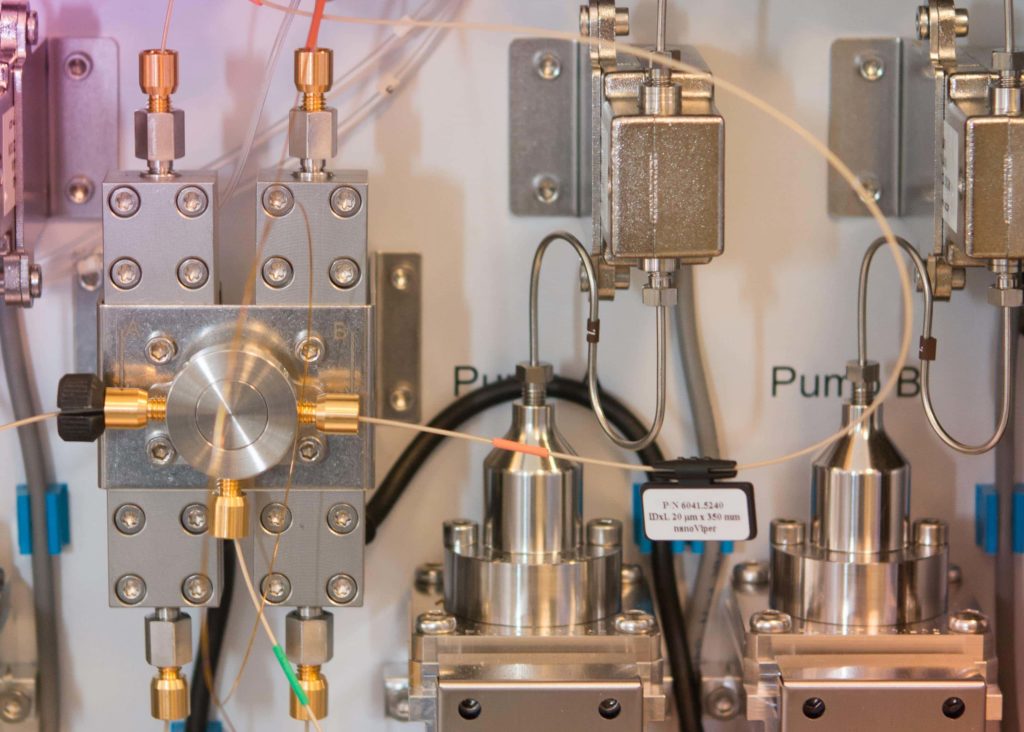Hospitals need to provide prime care for patients at all times and because of this, there are certain requirements for hospital backup generators. Since medical facilities are housing critical patients on electricity powered machines, they are required to have backup power systems to ensure continuous flow of the current. In case there is a power outage or unexpected breakdown, healthcare facilities install backup generators so that patient care isn’t interrupted for even a second.
However, hospitals should not just invest in any generator without proper consideration or testing. There is a certain protocol that hospitals are obligated to follow before installing a backup generator.
National Fire Protection Association has certain standards that must be present in a power generator, which hospitals are supposed to consider for installing a power backup system. For more information on NFPA requirements for hospitals, read our recent blog post on the subject.
Even aside from the standards laid out by NFPA, power generators should have some particular features before they are put to work.
Here are 4 basic things to look for in a hospital generator:
Circuitry
Before you invest in a power generator for your medical facility, make sure to check its circuitry system. Test the emergency circuit system that is embedded in the generator. Make sure that there is no breakage, or interruption in the circuit to ensure nonstop flow of current. Once you are sure about the condition of the circuit, install the generator but do not immediately put all the load on it. Maintain it for a while before transferring the power load.
Check the batteries
Generators must have a reliable battery system to ensure uninterrupted power supply for healthcare machines. Life support machines need to run continuously but those are not the only ones that need constant supply of current. Testing machines such a MRI machines or CT scanners need to stay on even when they’re not being used, so that they can be used on a moment’s notice. Hence, having reliable generators are a necessity for hospitals for critical care and routine patientcare.
Regular testing of generators
To ascertain the efficiency of backup generators, it’s essential to keep testing them. Putting generators through emergency testing to check their ability to take on the power load is important to maintain their proficiency.
Hiring experts to check generators
Installing generators is not the end. It’s just the beginning. Generators need to be maintained by experts. You can’t expect generators to work without glitches if you don’t employee experts to keep generators in check. Make sure there are professional electrical engineers for testing and maintaining generators.
Hospitals cannot function without emergency power backup systems. And they should not even operate without one to offer premium sustained care for patients. For this reason, the requirements for hospital backup generators is a higher standard than other industries.

